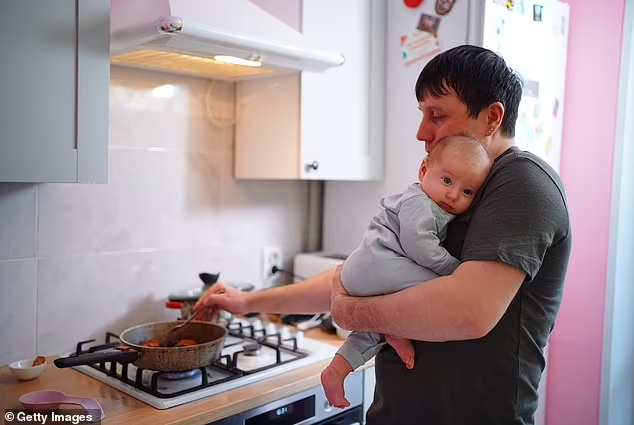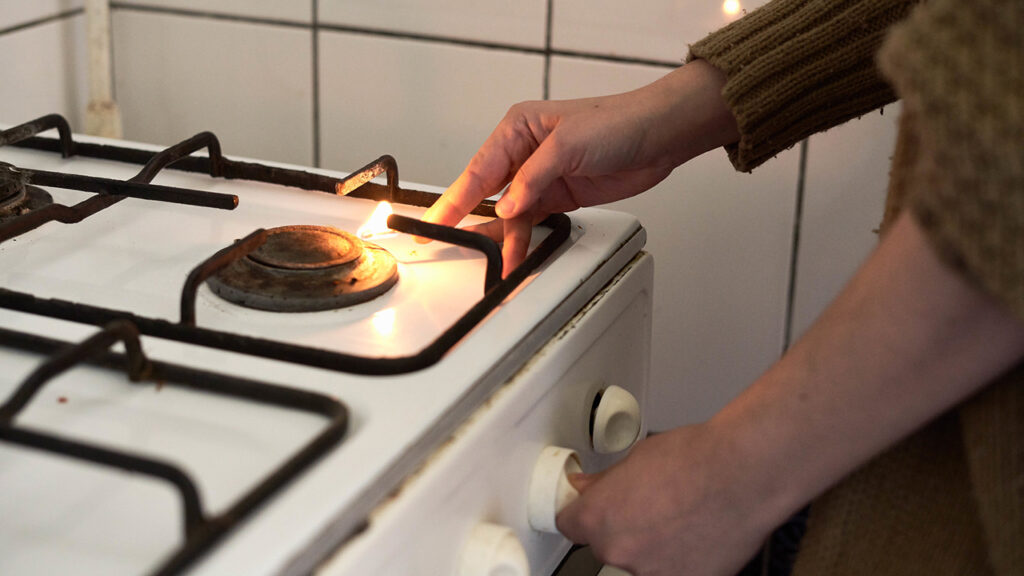A medical professional with three decades of experience has raised concerns about the health risks associated with a common household appliance: gas stoves. Dr Ben Ewald, a Newcastle-based physician, warns that these cooking devices can contribute to acute asthma, increased allergies, and even pneumonia.
Dr Ewald equates living with a gas stove to living with a smoker in terms of health impact. He explains that the nanoparticles emitted from gas flames, including nitrogen dioxide, can penetrate the respiratory system and adhere to the lungs, causing irritation.

According to research published in the International Journal of Epidemiology, children exposed to gas stoves at home face a 42 percent increased risk of developing asthma and a 24 percent greater chance of being diagnosed with asthma at some point in their lives.
The health concerns extend beyond asthma. Dr Ewald notes that gas stoves also release formaldehyde, another respiratory irritant, and trace amounts of benzene, a known carcinogen. These emissions can affect not only children but also adults and the elderly.

In response to these health concerns, some Australian jurisdictions, including Victoria, the ACT, and several local council areas in New South Wales, have banned the installation of gas appliances in new homes.
Asthma Australia reports that 48 percent of Australians use gas cooktops for cooking, and 7 percent regularly use unflued gas heaters during cooler months.
To mitigate risks associated with gas stoves, Dr Ewald suggests several measures:
1. Open a door or window before using the stove
2. Always use the range hood when cooking
3. Consider purchasing a benchtop induction cooker
Dr Ewald also points out that induction cooktops are often more cost-effective and efficient than gas stoves.
The Global Cooksafe Coalition (GCC) is advocating for universal access to safe, sustainable cooking by 2030 in new kitchens and 2040 in existing kitchens, promoting a shift to electric appliances powered by renewable energy.
Daily MailOnline



